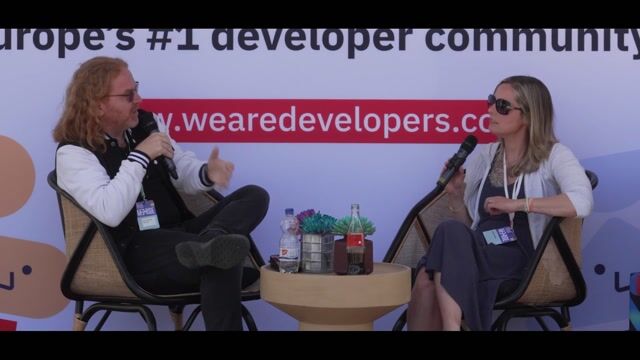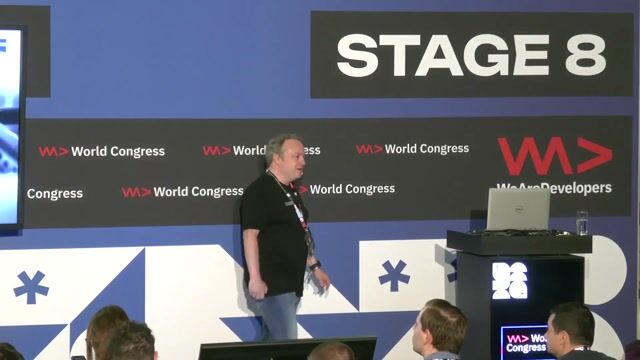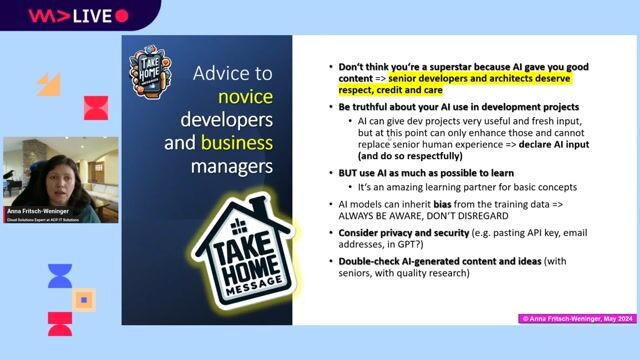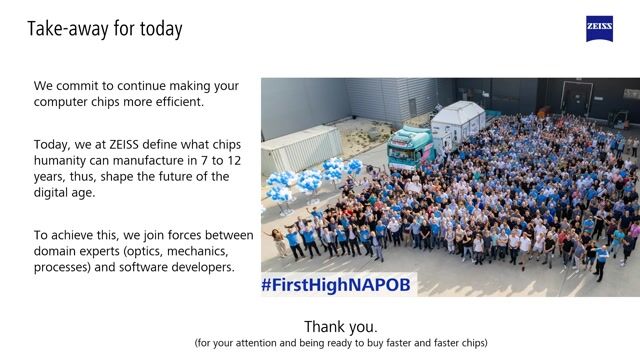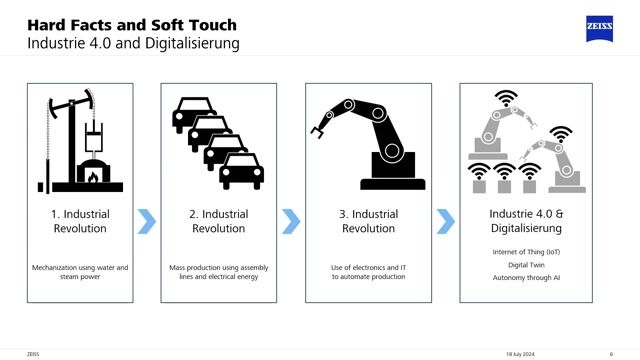Senior SDK Hardware Simulation Engineer
Role details
Job location
Tech stack
Job description
- Designing and implementing high-fidelity simulation models in modern C++ and Python that accurately mimic the behavior of our neuromorphic processors, CPUs, memory systems, and other hardware components.
- Translating complex hardware specifications into modular, efficient, and testable software models integrated within our SDK environment.
- Developing and maintaining the simulation framework, enabling both early application development and system validation before silicon is available.
- Collaborating closely with cross-functional teams (Digital Design, Firmware, and Software Tools) to ensure the simulator reflects real hardware behavior and supports continuous co-development.
- Owning the quality and performance of the simulation infrastructure - writing unit and integration tests, conducting code reviews, and improving architecture and maintainability over time.
- Contributing to the SDK's evolution, ensuring the simulation tools are accessible, user-friendly, and valuable for both internal teams and external developers.
Requirements
Do you have experience in Unit testing?, Do you have a Master's degree?, * Bachelor's or Master's degree in Computer Science, Electrical Engineering, or a related field.
- Strong programming skills in C++ (C++17/20) and Python, with the ability to switch between the two depending on the layer of abstraction or task.
- Experience designing software models or simulators that represent hardware components or systems.
- Solid understanding of digital hardware fundamentals, such as CPU/memory architecture, instruction sets, and DMA systems.
- Proven ability to build modular, maintainable, and high-performance software architectures.
- Familiarity with hardware/software co-design concepts, and how models integrate with firmware and SDK tools.
- Experience with unit testing, code reviews, and CI/CD pipelines to ensure software quality and maintainability.
- Strong problem-solving and debugging skills across both hardware and software domains.
- Excellent communication skills, with the ability to collaborate effectively with digital design, firmware, and software tool teams.
Nice-to-haves:
- Experience working with RTL simulations, waveforms, and understanding how hardware behaves at the signal level.
- Exposure to bare-metal firmware development.
- Background in computer architecture, particularly ARM or RISC-V-based systems.
- Knowledge of low-power design techniques or SNN (Spiking Neural Networks).
Benefits & conditions
At Innatera, you'll be part of a pioneering team building the next generation of brain-inspired processors for edge AI. Your work will help bring groundbreaking technology to life, powering intelligent devices with real-world impact, from healthcare to consumer electronics.
- Competitive salary
- Pension plan
- A flexible working environment (work-from-home policy, flexible working hours, advantageous holidays scheme) Note: We work from the office 3 days per week.
- A generous holiday scheme
- A collaborative, ambitious team with the freedom to innovate
- An inclusive culture that values openness, curiosity, and personal growth
- Office perks like fresh fruit, snacks, and an on-site gym
- Statutory commuting/home allowance
From engineering and machine learning to sales and non-engineering teams - whatever your expertise, your contributions will shape our growth.
Whether you're passionate about microarchitecture, excited by verification or physical design, driven by supporting operations, building strong teams, or mastering the details of accounting, we'd love to hear from you!

